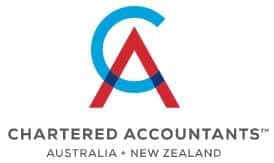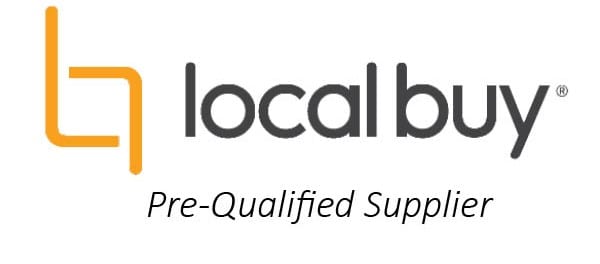Achieving a high standard of audit quality is essential to building trust and confidence in the audit profession. However, there is no set definition of a ‘quality’ audit, and many factors influence audit quality. This can make the assessment of audits challenging and subjective. In an environment where external auditors are facing increased scrutiny and attention, it’s important for external auditors to consider and manage any risks to audit quality.
In their document ‘A framework for audit quality,’ the IAASB identifies the key factors responsible for a quality audit:
- Exhibit appropriate values, ethics, and attitudes;
- Be sufficiently knowledgeable, skilled, and experienced and have sufficient time allocated to perform the audit work;
- Apply a rigorous audit process and quality control procedures that comply with law, regulation, and applicable standards;
- Provide useful and timely reports; and
- Interact appropriately with relevant stakeholders.
How do you deliver these outcomes?
A few years ago, ASIC released an information sheet about improving audit quality. The sheet emphasised that “the quality of financial reports is key to confident and informed markets and investors. The purpose of the independent audit is to provide confidence in the quality of financial reports. Improving audit quality and the consistency of audit execution is essential to maintaining confidence in the independent assurance they provide.”
Clearly, audit quality is only as strong as the people who perform audit work every day. Increasingly, audit is regarded as a specialist profession. Whilst there are clear independent guidelines and support for internal auditors through IAA Australia, the profession is still waiting for the same level of consideration and support for external auditors. In the meantime, we need to draw on industry experience and feedback from regulators. There are some key considerations for all audit firms.
1. Investment in people is essential for maintaining quality
The COVID-19 pandemic has brought unprecedented challenges to company auditors and the clients and public that they serve. Whilst this is likely to ease in the next couple of years, there’s still a critical need for audit firms to attract the best people and keep the talent they have by investing in learning and growth. Licensing requirements should be reviewed regularly to ensure that audit firms are keeping up with technology, systems, and legislative requirements.
2. Existing quality management systems need attention
Specialist audit firms need to focus less on a generalised checklist approach to audit quality and adopt a process whereby they periodically assess the actual challenges in their practice and implement measures to address those challenges. A new quality management standard is required. The AICPA has recently identified three proposed standards that address these concerns:
- Statement on Quality Management Standards (SQMS)
- Proposed SQMS Engagement Quality Reviews
- Proposed Statement on Auditing Standards (SAS)
Focus on independence is critical to maintaining trust
Whilst many people associated with the profession see independence as an obstacle, it should be viewed as essential to the value of the audit process. Audit committees (or, in their absence, finance and risk committees) play an essential role in managing the relationship between auditor and client. They do this in a way that respects independence and ensures that internal systems reflect any risks to the quality of financial reporting.
Focus should always be on quality and value
External auditors sometimes struggle to effectively communicate the value of the service they provide. When audit is perceived as a compliance-focused exercise with no real discussion around value of financial reporting to stakeholders, it’s more likely that cost will come into play. Keys to address this include transparency in communicating the scope of work, a strong focus on communication with all stakeholders and providing specific advice on ways that the collection and analysis of financial data can be improved.
Are multidisciplinary firms good for audit quality?
The extent to which auditors provide non-audit services is front and centre of the heated international debate on audit. There continues to be concern that independence may be compromised in spite of strict rules that prohibit or restrict firms from providing such services to audit clients.
CAANZ recently published a report ‘Audit quality in a multidisciplinary firm – What the evidence shows.’ The report suggested that ‘a multidisciplinary approach, drawing on deep methodology and frameworks for assurance, combined with specialist and subject matter expertise, is well positioned to meet demands’ that require a diverse skill base.
However, the issue of whether audit firms should provide non-audit services to their existing audit clients is more nuanced. In the past couple of years, there’s been significant commercial and regulatory pressure for multidisciplinary consulting firms to divest themselves of audit services.
As auditing becomes more specialised, there’s no doubt that audit-only service providers will continue to develop as stand-alone businesses. The team at National Audits Group has a great deal of experience working with the audit, finance, and risk management committees of their clients to ensure the best possible outcomes for all stakeholders.
For further information, contact our team at Ph 1300 734 707.
Nicholas Kannan
Senior Auditor, National Audits Group












